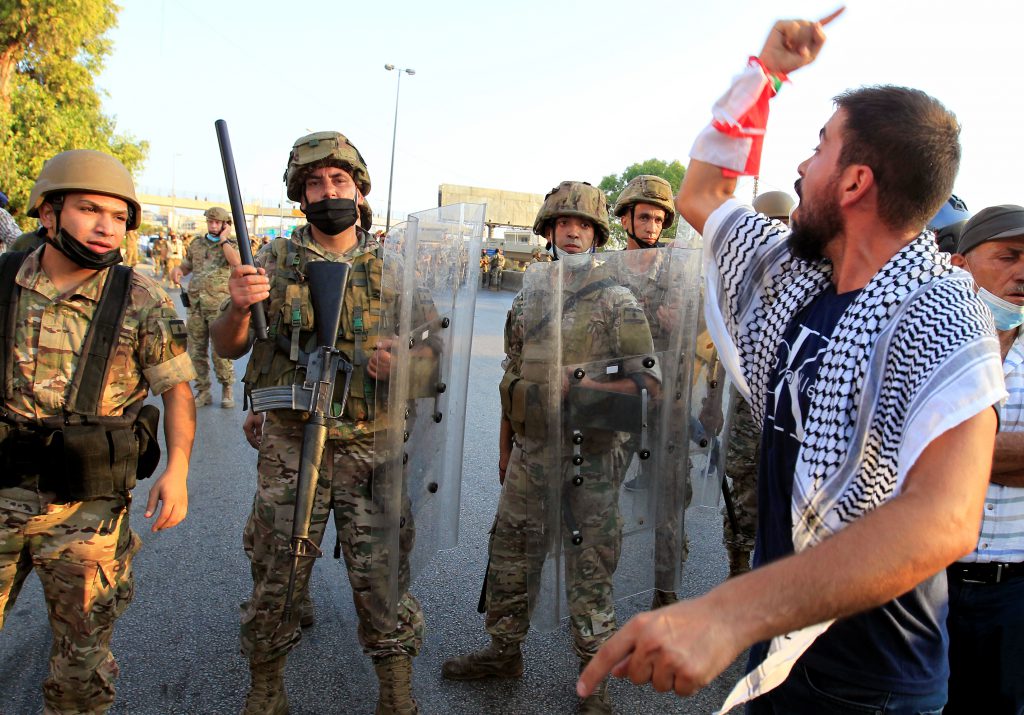The COVID-19 pandemic has increased difficulties for civil society’s voice to be heard, at a time when there are some many demands for change from so many people around the world who are denied their basic rights.
This remains also true within the European Union according to a report by the European Union Agency for Fundamental Rights (FRA), published on 22 September 2021. The agency notes that “57% of civil society organisations consider their work conditions have deteriorated in 2020” and “threats and attacks have increased”, 60% of organisations polled recognise facing “difficulties in finding funding for their work”.
A healthy civil society helps shape political processes, successfully organise political participation, denounce corruption and human rights abuses, and demand accountability from state actors. And yet, independent civil society, on both sides of the Mediterranean, remains under threat from a range of actors who employ a mix of legal or quasi-legal, bureaucratic, financial, political, and security-related methods. Western governments do not prioritise the re-opening of civic space in their foreign policy agendas. They often refrain from escalating diplomatic pressure on repressive governments for fear of damaging their geopolitical, security, or economic interests. Governments that silence domestic critics are less likely to speak out against civil society restrictions abroad, meaning also their credibility is poor when they do so.
A resilient civil society
In recent years, multilateral institutions and practices have been weakened and gross human rights violations still go unpunished. However, despite the “usual challenges”, civil society contribution to the advancement of democracy and the protection of human rights have not been left unheard by institutional actors: the development and the adoption of General Comment 37 in July 2020 by the UN Human Rights Committee as a thorough guidance on the right of peaceful assembly, as enshrined in Article 21 of the International Covenant on Civil and Political Rights (ICCPR) has been possible only thanks to the involvement of and the cooperation with multilateral institutions, states and civil society.
The importance of civil society has also been highlighted by the adoption of the UN Guidance note on the protection and promotion of civic space in September 2020 and by its involvement in the Conference on the future of Europe. In a revamped attempt to renew multilateralism, international institutions should not keep civil society actors away from their work, but instead further include them.

